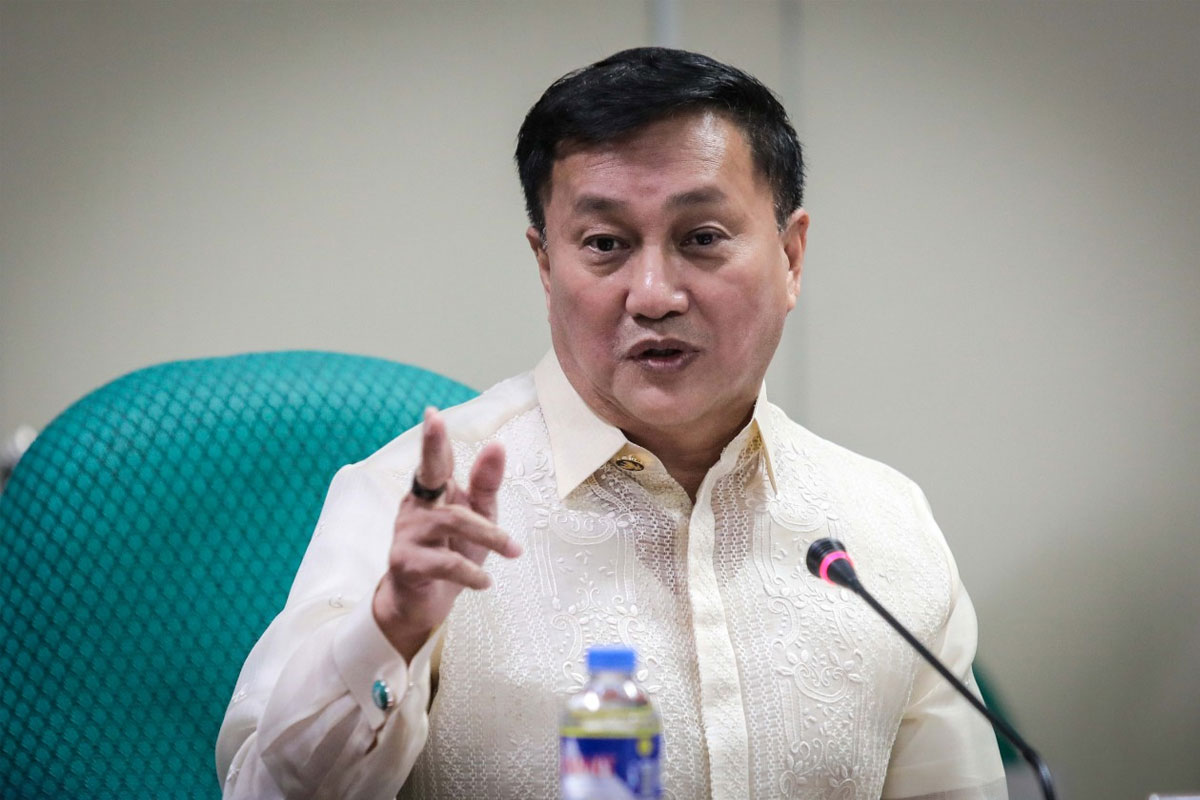
House passes bill providing for 30-year nat’l infrastructure program
VOTING 254 against three and zero abstentions, the House of Representatives on Monday approved on third and final reading a consolidated bill providing for a 30-year national infrastructure program for 2023 up to 2052.
Speaker Ferdinand Martin G. Romualdez said House Bill (HB) No. 8078 aims to put in place a long-term system of funding and sustaining public infrastructure projects for the benefit of the people.
“This will be an all-encompassing program covering not only public works like roads, bridges and expressways, which we commonly refer to as infrastructure, but also energy, water resources, information and technology, agri-fisheries, food logistics, and socially-oriented structures such as school buildings and other educational facilities,” Speaker Romualdez said.
“It would institutionalize the ‘Build Better More’ program of President Ferdinand Marcos Jr. to support a strong economy that would generate more job and income opportunities for our people, and build a resilient and reliable national infrastructure network,” he said.
HB No. 8078 mandates the National Economic and Development Authority (NEDA), in consultation with implementing agencies and stakeholders, formulate the 30-year infrastructure program in detail, including measurable targets and the selection, prioritization and phasing of specific projects.
The measure provides that the total annual allocation for the program shall be at least five percent of gross domestic product, provided that the constitutional command giving budgetary priority to education shall be observed.
The government may also tap official development assistance as funding source.
The NEDA and the Department of Budget and Management (DBM) shall determine the funding allotment for each implementing agencies based on their priorities, absorptive capacity and performance.
Projects under the program may be undertaken by the national government through its implementing agencies, by the private sector through public-private-partnership (PPP) agreements, PPPs in partnership with local government units, or a combination of those modalities.
The proposed law defines the functions and responsibilities of implementing agencies in each sector of the 30-year national infrastructure program, starting with transport and logistics; energy; water resources; information and communications technology; social infrastructure; and agri-fisheries modernization and food logistics.
It also lists numerous “core national infrastructure projects” throughout the country in each sector.
The NEDA is tasked to regularly update the list of core projects to reflect changes in development policies, in economic, physical and social conditions, and in the status of the projects.
To achieve efficiency and transparency, projects in the program may be procured through electronic online platforms. Implementing agencies may use automated management tools that can help track project implementation.
The proposed infrastructure law holds implementing and oversight agencies accountable under existing laws, including the Anti-Graft and Corrupt Practices Act and auditing rules, for the proper performance of their respective responsibilities and implementation of projects under the program.
Implementing rules and regulations are to be issued by a committee composed of the NEDA director general as chairman and all members of the NEDA infrastructure committee as members, in consultation with stakeholders, including the private sector and local government units.
Principal authors of the bill include two House members who are former undersecretaries of the Department of Public Works and Highways: Romeo Momo Sr., who chairs the House committee on public works, and Salvador Pleyto.















